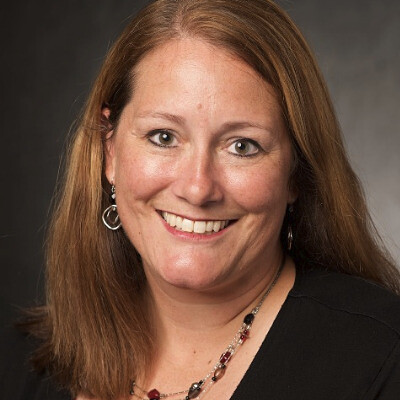Error Disclosure: Simulated Practice Builds Student Confidence
Background: Medical errors are among the leading causes of death in the United States. While the prevention of medical errors is often the focus in medical and interprofessional education, developing the skills to disclose errors to patients and their families when things go wrong is also important. Disclosing a medical error requires clear communication, honesty, and empathy from medical providers. The purpose of this research was to determine if PA and nursing student confidence improved with an error disclosure simulation.
Methodology: Physician assistant (n=49) and nursing (n=66) students from two different academic years participated. Students read an article on error disclosure prior to the simulation event. A pre-brief was conducted with two physician assistant faculty who provided a scenario to the students of a medication error that occurred with a patient. Students and faculty discussed steps of error disclosure, the situation and emotions the patient or family might be experiencing and strategies for approaching the discussion in an empathetic way. Students then devised a plan to disclose the medical error. Students performed the error disclosure with a standardized actor playing the patient’s family member. Two debriefs occurred, one with the actor and faculty member immediately following the encounter and one with a group of 8-14 students.
Results: A repeated measures analysis of variance (ANOVA) was done. A significant improvement (p= : N/A
Learners participated in the activity and took a surveyPlease describe how patients/families/advocates were involved in designing, implementing, or evaluating this content (response may be N/A).: N/A





